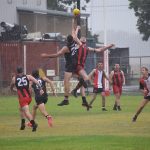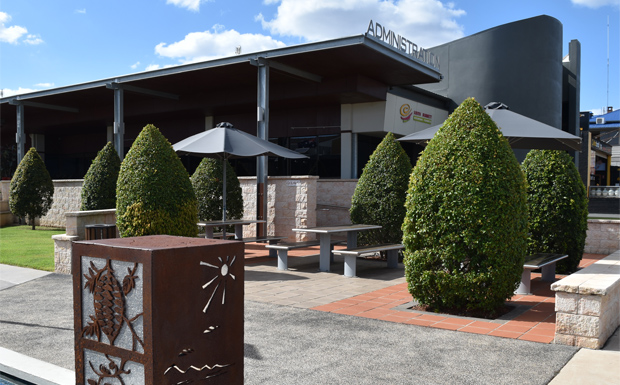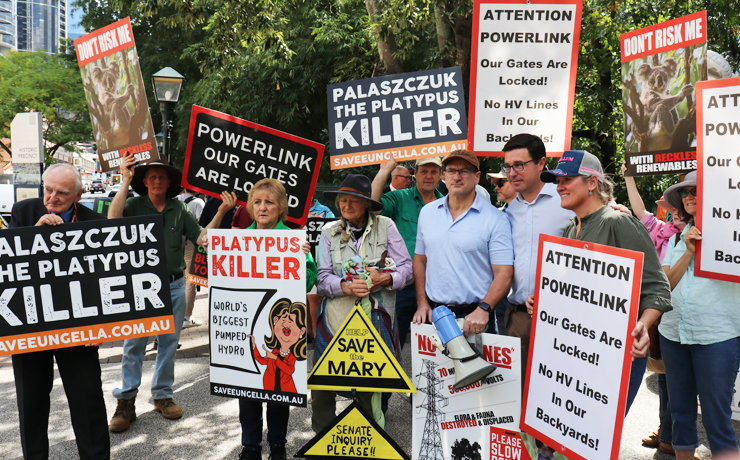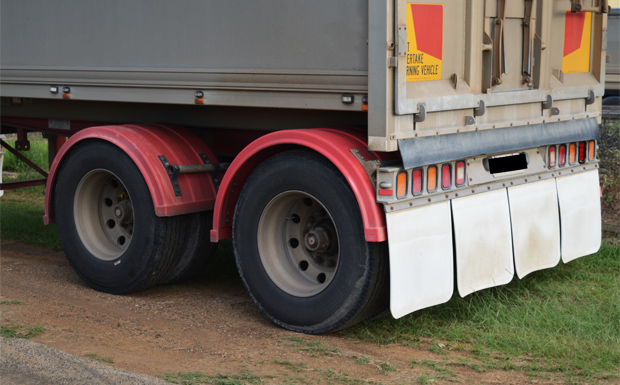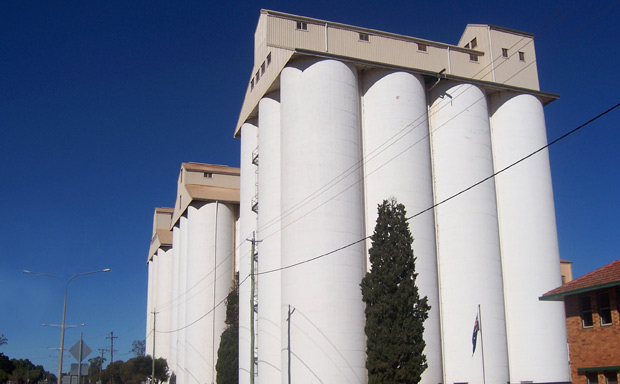
August 28, 2019
Bega Cheese released its 2018-19 financial results on Wednesday, revealing it had achieved a record milk intake, record production tonnages and record gross revenues.
The dairy and food manufacturing company reported that revenue increased by 13 per cent to $1.4 billion in 2018-19, while its earnings before interest, tax, depreciation and amortisation were down 3 per cent to $89.5 million, compared with $92 million in the previous financial year.
In August, Bega revised its earnings forecast to between $113 million and $117 million, warning that drought and intense competition for milk had created very difficult operating conditions.
It had previously forecast earnings of $123-$130 million when it released its half-yearly results.
“The year just passed represents possibly the most difficult year for the dairy industry since deregulation, with the last quarter the worst,” Bega Cheese chairman Max Roberts wrote in his financial year report.
“The drought, along with high water, feed and power costs, have all had an impact.”
Bega’s net profit was $11.8 million, down 59 per cent from $28.8 million last year.
Net debt at June 30, 2019, totalled $288 million, representing a leverage ratio of 2.5.
During the past year Bega’s export sales increased by 4 per cent to $442 million.
Exports now contribute 31 per cent of the company’s total revenue, with Bega exporting products to Japan, China and the Middle East.
Mr Roberts also reported the company made two key investments this past financial year.
The first was the $250 million purchase of a dairy manufacturing facility in Koroit, Victoria.
This helped Bega become a major supplier of retail and food service butter, milk powders and other specialist milk powder blends.
The second was an agreement between the company and suppliers called the “Bega Supply Premium” (BSP) which was intended to help secure a steady milk supply at a fixed price.
Under this arrangement, farmers were paid $0.50 per kg of annual milk solids in advance in exchange for agreeing to supply the company for two or three years.
“The innovative investment saw $28.4 million being advanced to direct suppliers, which equipped them to deal with adverse climatic and cost conditions,” Mr Roberts said.
“It was also a great strategic initiative to have in place as competition intensified for milk throughout fiscal 2019.”
A third boost came from the launch of gluten-free Vegemite and the Bega Simply Nuts all-natural peanut butter range.
Bega announced a dividend of 5.5 cents per share, payable on October 1, taking the full-year payout to 11 cents per share.
Shares in the company were trading 5.7 per cent higher at $4.02 late on Wednesday.
However, Bega shares are now about 32 per cent lower than they were last year.










